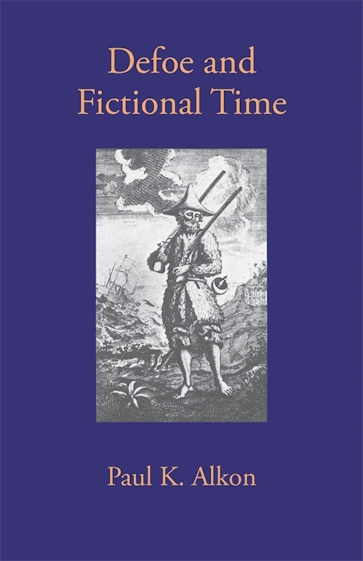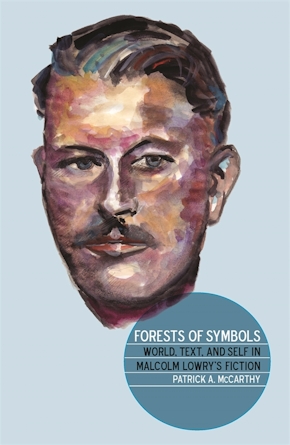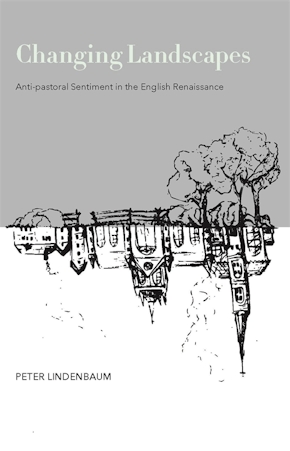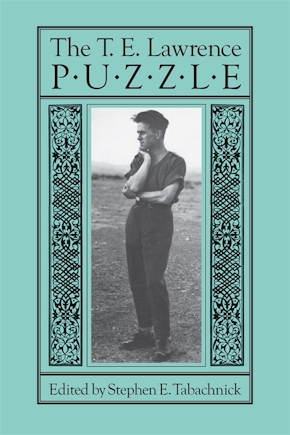Defoe and Fictional Time
Title Details
Pages: 290
Trim size: 5.500in x 8.500in
Formats
Paperback
Pub Date: 08/01/2010
ISBN: 9-780-8203-3771-5
List Price: $34.95
Related Subjects
LITERARY CRITICISM / European / English, Irish, Scottish, Welsh
Defoe and Fictional Time
Skip to
- Description
- Reviews
Alkon’s method produces shrewd observations about the texts at hand as well as about the critical ideas they generate. His account of the puzzling conclusion of Moll Flanders is the best I know. And his comparisons of timeschemes in different novels often open whole new perspectives.
—Modern Language Review
Alkon is able to illuminate Defoe’s narrative techniques and to read the fictions with subtlety and originality. . . . Alkon has shown how thoroughly Defoe grasped a major aspect of narrative subject matter and technique, and for this everyone interested in Defoe and the novel is in his debt.
—Eighteenth Century Studies
Alkon’s study helps one to understand the relationship of time to Defoe’s novels and to the genre as a whole; it suggests several avenues for future research; and its chapters on the reader’s memory and on tempo make an important contribution to time studies. Defoe and Fictional Time is a book that should be read by everyone who is interested in the novel.
—Modern Philology



